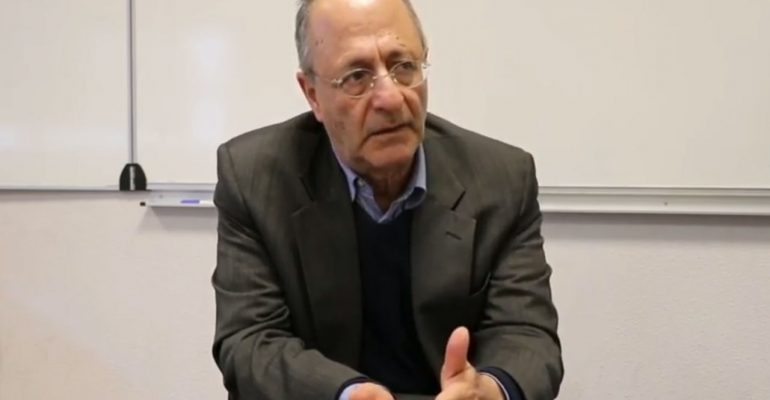Report: Islamic thought and the epistemological challenge of modernity
June 24, 2021 2023-06-08 14:43Report: Islamic thought and the epistemological challenge of modernity

Report: Islamic thought and the epistemological challenge of modernity
Centre of Global Studies, The Institute of Philosophy of the Czech Academy of Sciences, held a colloquium entitle “Islamic thought and the epistemological challenge of modernity” on June 24 in the ZOOM platform.
The workshop discussed the epistemic condition in modernity in regard to contemporary Muslim thought. As its point of departure it took a comprehensive thesis by Lahouari Addi that appeared recently in a book “Crises of the Muslim religious discourse. The necessity to pass from Platon to Kant” (Louvain 2019). L. Addi joins both the debates about both the crisis of modern Muslim society in facing modernity (Abdelwahab Meddeb) and texts by and about authors writing in modern hermeneutical and critical perspectives about Islam and philosophy into a larger argument about the epistemic predicament of modernity and the lag of Muslim religious discourse.
The argument was not about Islam as a religion and as about Muslim’s relation to the sacred text, but about the religious discourse produced by religious institutions and Muslim states that informs the culture underlying contemporary religious practice. The argument was that this religious discourse has a metaphysical core that has not epistemically adapted to modernization. It namely remains based both on a sacred text and on metaphysical, cosmological and anthropological assumptions of Late Antiquity, in ways that are often unconscious to those who interpret the Text with Greek metaphysical notions.
Source: The Institute of Philosophy of the Czech Academy of Sciences








